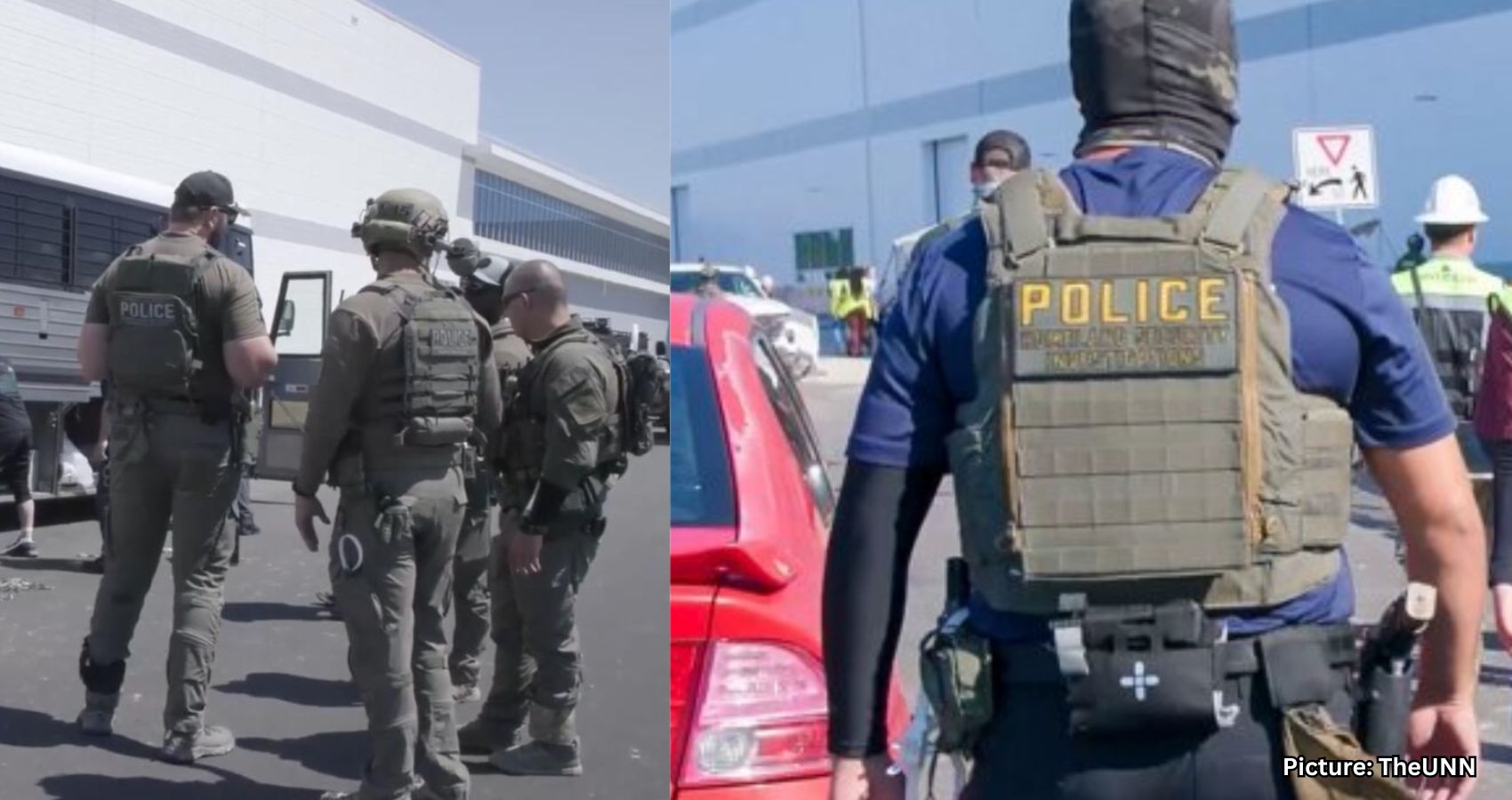On September 4, law enforcement agencies conducted a large-scale immigration raid at a Hyundai plant in Georgia, detaining approximately 475 workers, many of whom were South Korean nationals.
On September 4, law enforcement agents from various state and federal agencies, including U.S. Immigration and Customs Enforcement (ICE), executed a significant immigration raid at a Hyundai manufacturing plant in southeastern Georgia. This operation reportedly led to the detention of at least 475 workers, a number of whom were South Korean nationals, including some individuals with legal status. This raid marks the largest of its kind in recent history at a single worksite.
In the wake of the raid, the American Immigration Council issued a statement highlighting the detrimental effects of such actions. Michelle Lapointe, the legal director at the American Immigration Council, who is based in Atlanta, expressed her concerns regarding the implications of the raid.
“These raids don’t make anyone safer. They terrorize workers, destabilize communities, and push families into chaos,” Lapointe stated. “This historic raid may make dramatic headlines, but it does nothing to fix the problems in our broken immigration system: a lack of legal pathways and a misguided focus on punishing workers and families who pose no threat to our communities. Raiding worksites isn’t reform; it’s political theater at the expense of families, communities, and our economy.”
Lapointe’s comments reflect a broader concern about the impact of immigration enforcement on the workforce. Nan Wu, the director of research at the American Immigration Council, emphasized the critical role that immigrant workers play in the economy. “Immigrant workers are the backbone of our economy, filling critical labor gaps in manufacturing and beyond. Nationwide, 5.7% of manufacturing workers are undocumented, and here in Georgia, they make up 6.7% of that workforce,” Wu noted.
Wu further argued that the approach of raiding worksites instead of creating pathways for legal employment is not only cruel but also counterproductive. “The chilling effect of these raids will make it less likely that people will show up to work, deepening labor shortages and hitting businesses hard at an already precarious economic moment,” she added.
The American Immigration Council has made experts available to discuss the negative consequences of worksite raids and to propose more effective immigration solutions. They argue that addressing the root causes of immigration issues is essential for the well-being of communities and the economy.
As the debate over immigration policy continues, this raid serves as a stark reminder of the ongoing tensions surrounding enforcement practices and their impact on workers and families across the United States.
Source: Original article

